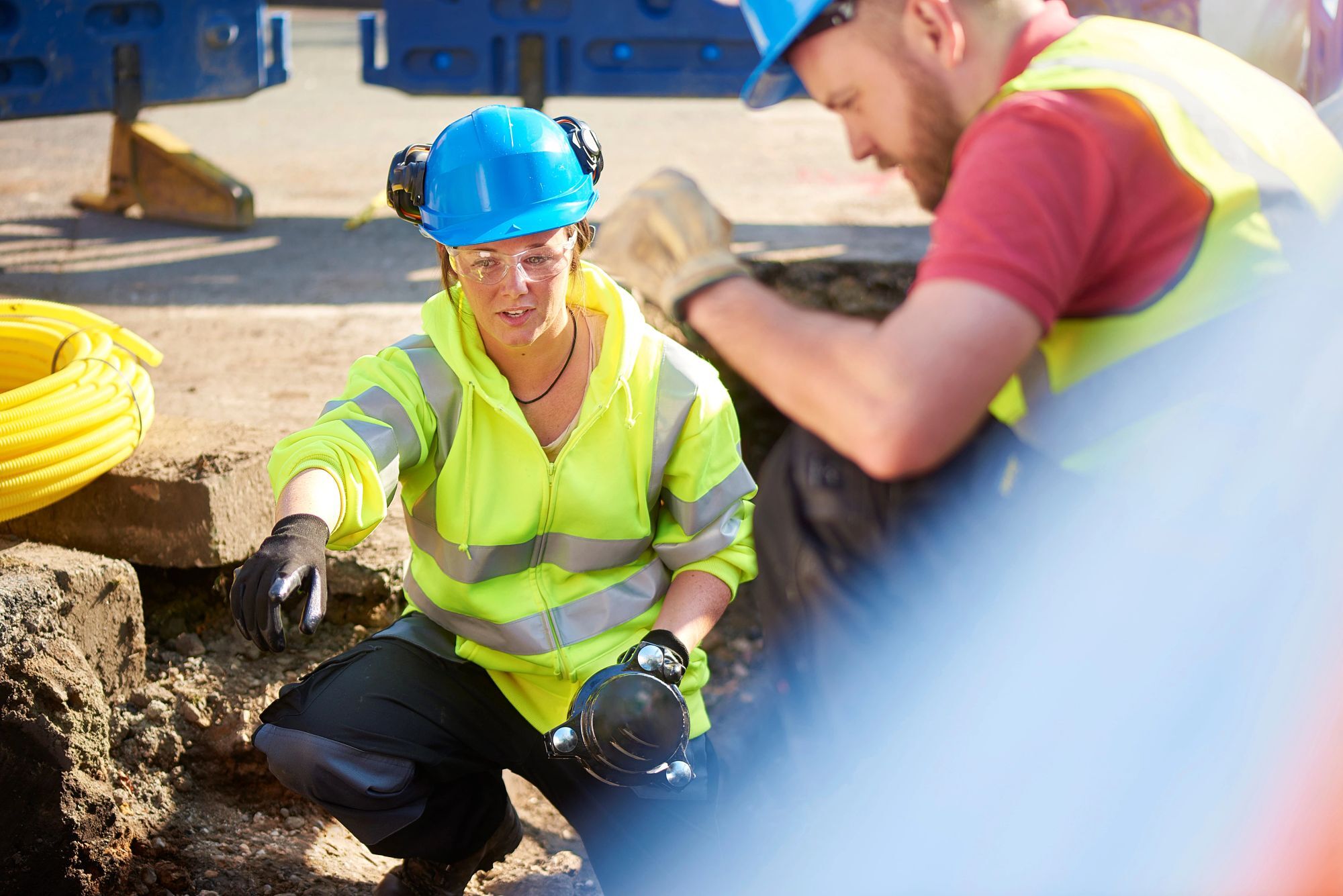Cleaning Up After a Flood
In the aftermath of a flood, it’s important to follow the right procedures to protect against waterborne microorganisms or other conditions that could adversely affect our health.
Drinking Water Safety
Both public and private water supplies can be compromised during extensive flooding. If you aren’t sure about the quality of your water supply, boil it before using. Wells that have become contaminated with flood waters need to be pumped out and the water tested for bacteria before drinking.
Keep one gallon of water per day for each person and each pet on hand for emergencies. In hot climates, and for pregnant women and people who are sick, store at least a three-day supply of water for each person and each pet. If possible, try to store a two-week supply. Observe the expiration date for store-bought water. Replace non-store bought water every six months.1
Bacteria and Other Microorganisms
Standing water is a perfect breeding ground for bacteria, viruses and molds. They can cause disease or even trigger allergic reactions in many people. Problems with infectious diseases can also occur if flood waters contain or have been contaminated with sewage. In addition, the longer building materials are in contact with water, the more structural damage that can potentially occur.
If your home has been deemed safe to enter, it’s important to remove standing water from the home as quickly as possible after a flood. In cases where a home’s basement has flooded, pump out the water at the rate of one-third of the water per day to reduce the potential for structural damage.
Drying or Disposing of Wet Household Goods
Dispose of all food items that have come into direct contact with flood waters. Although canned foods may appear to be salvageable, it’s best not to take chances – just throw them away.
Attempting to dry out the contents of your home can take several weeks, and if the humidity remains high, microorganisms can continue to grow. Although it may be difficult to throw certain items away, especially those with sentimental value, if the item can’t easily be dried, cleaned and sanitized, dispose of it, especially if it has come into contact with water that may contain sewage.
Don’t Let Kids Play in Flood Waters
Although all that water may look like fun, flood waters are frequently contaminated with raw sewage. Don’t let kids play in yards or streets that are under water. Be sure to wear waders, boots, rubber gloves or other protection to keep skin from being exposed to flood waters that may be microbiologically contaminated.
Source:
1 www.cdc.gov/healthywater/emergency/drinking/creating-storing-emergency-water-supply.html
How NSF Can Help You
Get in touch to find out how we can help you and your business thrive.

What’s New with NSF

NSF Shanghai Named Critical Site for NSF/ANSI 455 and NSF/ANSI 173 by ANSI National Accreditation Board
July 26, 2024
NSF Takes Center Stage at NEHA Annual Education Conference
July 25, 2024
NSF Asia Pacific Showcases Hospitality Solutions at THAIFEX HOREC Asia 2024 in Bangkok, Thailand
July 4, 2024